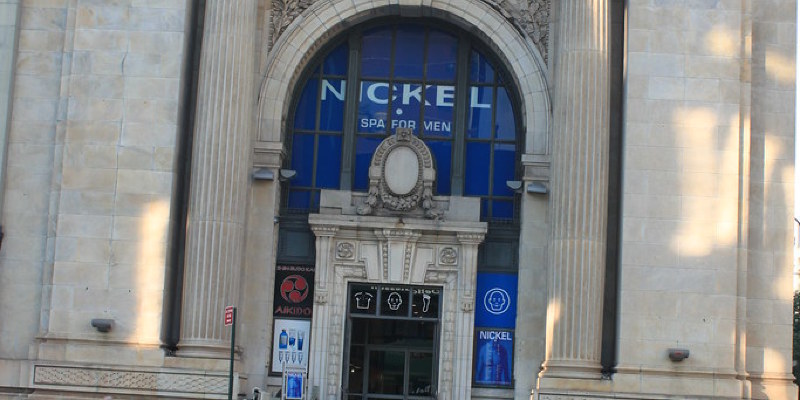Real estate transactions are public document, available for free to anyone who needs information about a property. Back in California, the county recorder's office keeps a database of all of a county's recorded mortgages, deeds and liens. California law doesn’t require that a deed be recorded to be valid. So it is possible, though highly unlikely, that unrecorded mortgages exist. Still, the recorder's database is the most comprehensive supply of mortgage data and the very best place to look for mortgage info.
Go to the county recorder’s office to the county in which the land is located. The county recorder keeps a record of recorded mortgages, deeds and liens for each parcel in the county.
Enter the home address in the proper area on the recorder’s system, click “Submit” & &; ldquo;Enter” to access the property data. You may also search by parcel identification number, assessor’s identification number or proprietor ’s title.
Search for “Deeds of Trust,” the deed used for California mortgages, in the list of transactions on the monitor. Highlight the mortgage you’re interested in, and click “Submit” or “Enter” to open the multipage copy of the mortgage documents. The pages include the property’s address and legal description, mortgagor and mortgagee, mortgage amount, terms and other transaction-related info.

